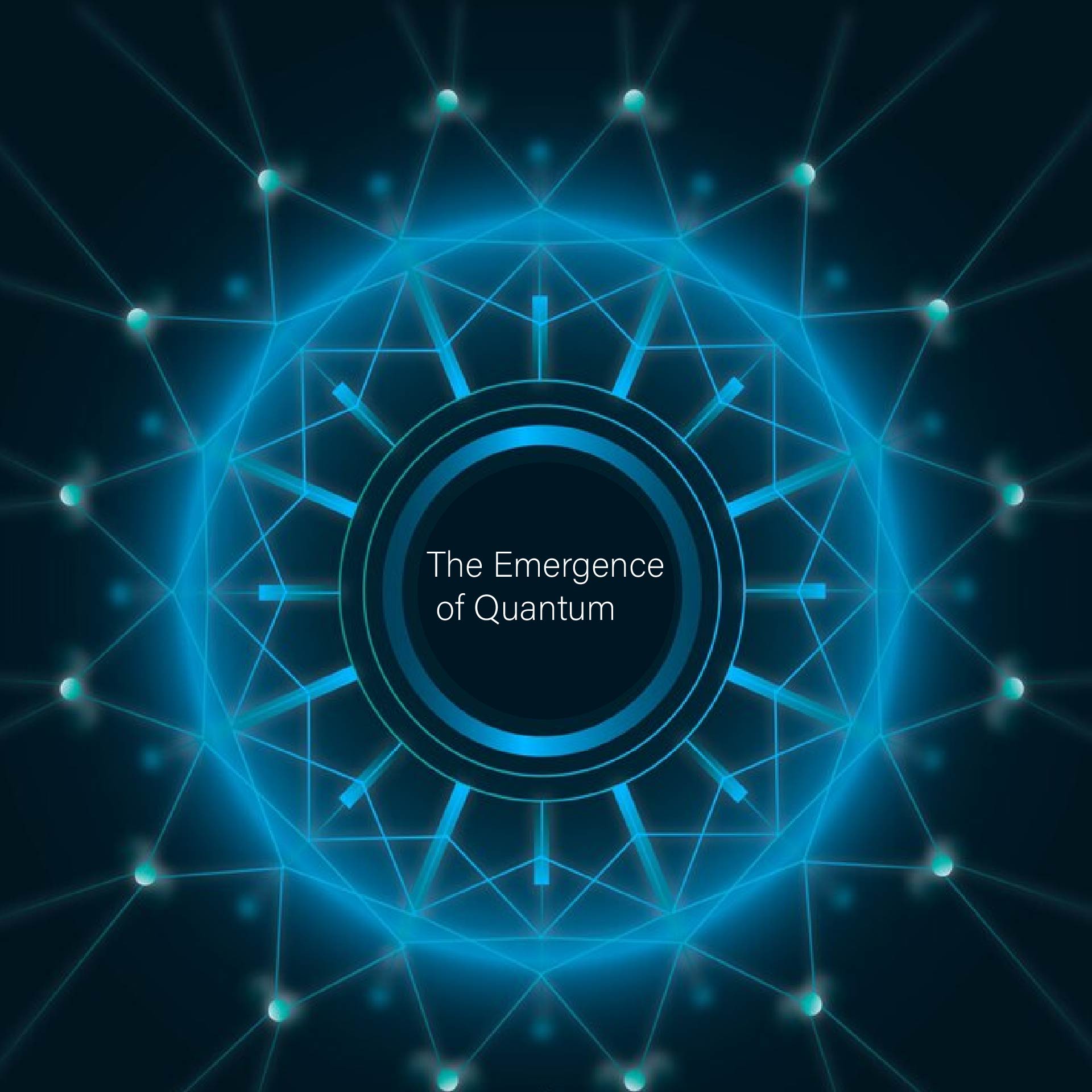In the modern era of technological advancement, quantum computing emerges as a revolutionary breakthrough, promising to transcend the capabilities of classical computing systems. By exploiting the principles of quantum mechanics, quantum computing has the potential to solve complex problems that are currently intractable for classical computers.
The dawn of the quantum computing age heralds the unlocking of computational capabilities hitherto unfathomable. Unlike classical computers that use binary bits, quantum computers employ qubits, which can exist in multiple states simultaneously through superposition, as well as exhibit entanglement, linking qubits in a way that the state of one qubit can depend on the state of another, regardless of distance.
Historical Perspective
The concept of quantum computing was first proposed in the 1980s following the advancements in understanding quantum theory. In the early days, the field remained largely theoretical. However, as our proficiency in manipulating quantum systems improved, so did the prospects of developing practical quantum computers.
Quantum Computing Principles
Quantum computing operates under two fundamental principles: superposition and entanglement. Superposition allows a qubit to represent both 0 and 1 simultaneously, a phenomenon that vastly increases computing power as it scales. Entanglement provides a peculiar connection between qubits, facilitating complex operations and instantaneous communication.
Applications and Implications
The rise of quantum computing paves the way for transformative changes across numerous fields. The real-world applications of quantum computing are still in nascent stages, given the current developmental status of quantum computers. However, here are some applications where quantum computing is expected to have significant impact:
- Cryptography and Cybersecurity: Quantum computers can, in theory, easily factorize large numbers—an essential aspect of breaking many classical encryption techniques. While this poses a risk to current cryptographic standards, it also paves the way for quantum cryptography. Quantum key distribution (QKD) is a technique that uses quantum principles to create theoretically unbreakable encryption. The nuances of quantum states ensure that any attempt at eavesdropping can be detected, because measuring a quantum system necessarily alters it.
- Drug Discovery and Molecular Modeling: Simulating molecules accurately is extremely complex and often beyond the abilities of classical computers when dealing with very large molecules. Quantum computers excel at calculating molecular and chemical reaction properties, thus potentially transforming pharmaceuticals and materials science. By precisely modeling molecular structures and interactions, quantum computers could speed up the discovery of new drugs and materials, optimize their properties, and predict their effects more effectively than traditional methods.
- Financial Modeling: Financial markets are complex, dynamic systems influenced by a multitude of variables. Quantum computing could significantly enhance the modeling of financial systems, optimizing portfolios, and managing risk by analyzing vast and complex datasets far more efficiently than classical computers. Additionally, quantum algorithms could be used for optimizing trading strategies, pricing complex derivatives in seconds, and identifying arbitrage opportunities instantly.
- Artificial Intelligence and Machine Learning: The field of artificial intelligence (AI) could be one of the most profound beneficiaries of quantum computing. Quantum-enhanced machine learning algorithms would potentially solve highly complex problems faster and more accurately by processing and learning from large datasets much more efficiently. This could lead to advances in image and pattern recognition, natural language processing, and even the discovery of new AI-driven technologies we have yet to imagine.
- Current Challenges of Quantum Computing: Despite the significant potential of quantum computing, several challenges impede its progress. One of the primary hurdles is maintaining quantum coherence, the foundational requirement for a quantum computer’s operation. Quantum bits, or qubits, must remain in a coherent quantum state to perform calculations accurately.
However, qubits are highly susceptible to environmental noise and other interferences—a problem known as “quantum decoherence.” Ensuring that qubits maintain their state long enough to perform complex calculations requires isolating them from all external influences, which is an incredibly delicate and difficult task. The cooling requirements alone for some quantum systems are extreme, often needing temperatures near absolute zero to operate effectively.
Another significant challenge is error correction. Classical computers use bits that are in a definite state, either 0 or 1, and can employ error-correcting codes to account for the occasional bit flip. Qubits, on the other hand, can exist in multiple states simultaneously (a concept known as superposition) and can become entangled with one another, meaning the state of one qubit can depend on the state of another.
These properties are what give quantum computers their power, but they also make qubits much more difficult to work with. Quantum error-correction codes do exist, but they typically require a large overhead of additional qubits to implement, making them currently impractical for large-scale computations.
Lastly, scalability remains a substantial challenge. Adding more qubits adds to the complexity of the system. Whereas a classical computer with double the bits double its processing power, doubling the number of qubits results in an exponential increase in the computational space that the quantum computer can access. As you add more qubits, the system requires even greater error correction and coherence times, magnifying existing problems.
Current quantum computers contain tens to a few hundred qubits; to solve the complex problems quantum computers are touted for, they’ll likely need thousands, if not millions, more. This scale of operation requires innovations in qubit architecture, fabrication, and handling.
Conclusion:
The advent of quantum computing stands as one of the most exciting frontiers in technology, promising to revolutionize the way we solve complex problems.
Tackling the daunting challenges of quantum coherence, error correction, and scalability will pave the way for this ground-breaking leap in computational power. Achieving practical quantum computing will require not only theoretical breakthroughs but also substantial engineering innovations.
As scientists and engineers progress in maintaining stable qubits, devising robust error correction, and managing large quantum systems, quantum computing is poised to unlock new potentials in fields ranging from cryptography to materials science, from optimizing large systems to drug discovery.
The race to operationalize quantum computing continues to garner global attention, holding the promise of transforming the processing capabilities of tomorrow’s computers into realities beyond classical computation’s reach.

